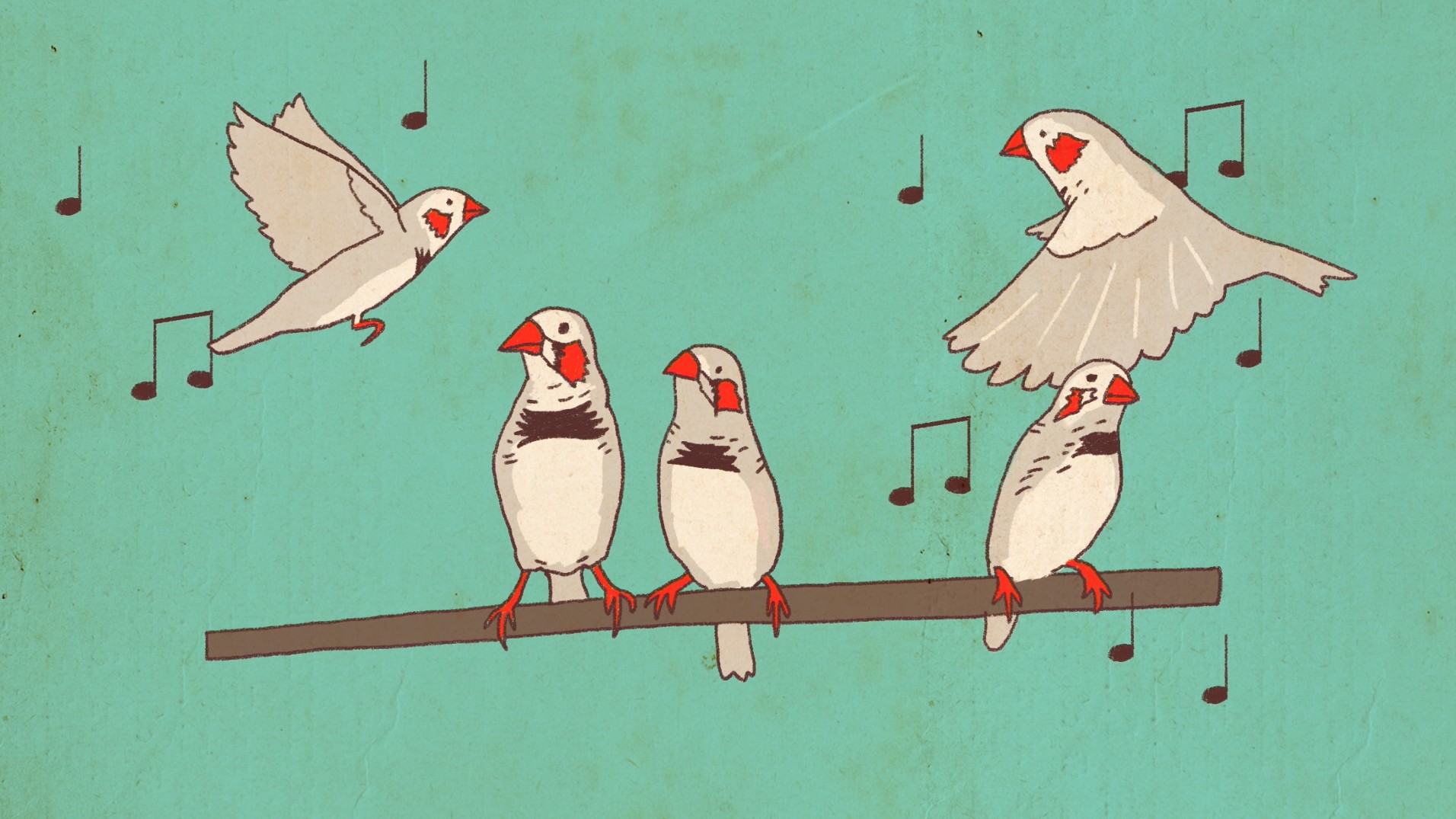kkgas/Stocksy
Psychologists have proposed an explanation for why Ouija board users feel as though a spirit is moving the planchette (an ornate pointer) and spelling out messages. It's based on the idea that two or more living users unwittingly take turns at controlling the planchette, cooperating implicitly to create a message that starts out random, but becomes more predictable as the number of meaningful options decreases.In a new study, researcher Marc Andersen at Aarhus University and his colleagues traveled to a Ouija board conference and rigged up pairs of board users with eye-tracking equipment. This is the first time the Ouija board practice has been studied outside of a psychology lab. The 40 participants’ eye movements were recorded in two conditions as they worked in pairs: When using the Ouija board in the usual way for 10 minutes, and in a “voluntary” condition in which they spelt out the letters and words given to them by the researchers.Andersen and his colleagues were interested in predictive eye movements in which the participant glanced to a letter ahead of the planchette landing on it, which would suggest the board user knew where the planchette was headed, presumably often as a result of their planned purposeful movement of it.Unsurprisingly, participants made many more predictive eye movements in the voluntary condition—they knew where they and their partner were moving the planchette, and frequently glanced ahead to the appropriate letter. These predictive eye movements were much rarer (38 percent lower) when using the Ouija board in the usual way. Much of our sense of ownership over our own actions comes from the fact that our brain predicts the consequences of them, so it follows that when participants were less able to predict the movement of the planchette in the usual Ouija condition, they felt less ownership over those movements.
More from Tonic:
Advertisement
Advertisement
More from Tonic:

Two key details in the Ouija board condition further help to explain how these apparently less purposeful movements create meaningful messages. First, when looking to see whether at least one participant in a pair made a predictive eye movement, the rates of prediction were just as high as for those in the voluntary condition. In other words, for any given move of the planchette, at least one person usually knew where it was going. Second, rates of prediction increased in the Ouija board condition, but not the voluntary condition, presumably as the participants became increasingly aware of the diminishing number of meaningful options available.So part of the explanation for the spooky sensation of the Ouija board controlling itself to write a comprehensible message is that participants are effectively taking turns: They underestimate their own contribution, and at the same time their partner’s purposeful movement gives the sense of the planchette moving of its own accord. (Such an account is consistent with previous research showing how we tend to underestimate the force of our own movements compared with others.)Finally, overlaid on this are the participants’ beliefs, which appear to have a retrospective effect on their (lack of) sense of control. The researchers found that the participants who believed more strongly that Ouija boards can be used to communicate with ghosts and spirits were more likely to say afterwards that they felt the planchette had moved on its own.This article first appeared in a modified format on British Psychological Society Research Digest. Read the original article.Sign up for our newsletter to get the best of Tonic delivered to your inbox.